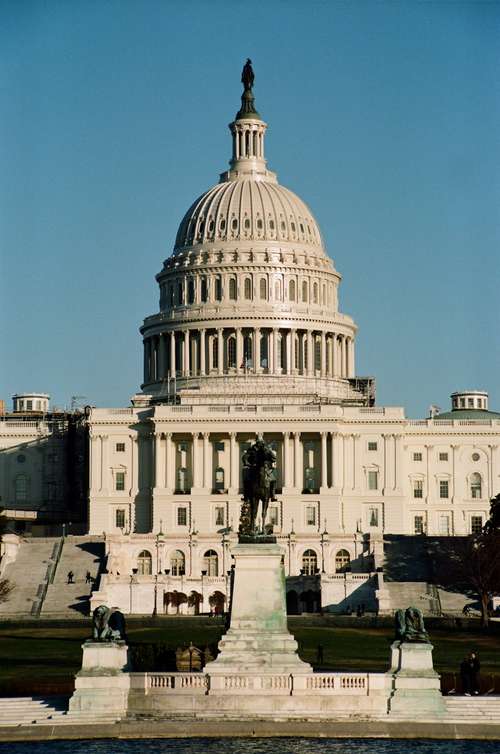The recent confrontation between Australian lawmaker Senator Lidia Thorpe and King Charles III has reignited debates about Australia's ties to the British monarchy. This incident reflects a broader sentiment among some Australians who feel that the legacy of colonialism still impacts Indigenous communities today.
As discussions intensify, other countries are also contemplating their relationships with the British crown, marking a significant shift in historical allegiances.
A Brief History of Colonialism in Australia
The foundation of modern Australia began with the arrival of British settlers in 1788, when Captain Arthur Phillip led the First Fleet to establish a penal colony at Sydney Cove. This marked the beginning of a tumultuous period for Indigenous Australians, who faced violent dispossession of their lands. The British colonizers viewed the land as terra nullius, or "land belonging to no one," disregarding the presence and rights of Aboriginal peoples.
As settlers expanded their territories, they engaged in numerous violent conflicts with Indigenous groups. Notable incidents include the Myall Creek Massacre in 1838, where 28 Aboriginal men, women, and children were killed by European settlers, and the Pinjarra Massacre in 1834, which resulted in significant loss of life among the local Noongar people. These events epitomize the brutal tactics employed by colonizers to assert dominance over Indigenous populations.
The impact of colonization extended beyond violence — it also involved systemic efforts to erase Indigenous cultures through policies such as forced removals and assimilation practices. Diseases brought by Europeans decimated Aboriginal communities, further exacerbating their plight. The legacy of these actions continues to resonate today, fueling calls for reconciliation and reparations.
The Australia Parliament Row
Senator Lidia Thorpe's recent confrontation with King Charles III during his visit to Australia has brought these historical grievances to the forefront. Thorpe, an outspoken advocate for Indigenous rights, challenged the king on his family's role in colonialism and called for an end to Australia's constitutional ties with the monarchy.
Her remarks reflect a growing frustration among many Australians regarding their country's colonial past and its ongoing implications. During her protest, she declared:
“You committed genocide against our people. Give us our land back.” “This is NOT your land! You are NOT my king! You are NOT OUR KING!”
Thorpe's statements have sparked widespread discussion about Australia's future as a constitutional monarchy. Many Australians are questioning whether it is time to reevaluate their relationship with the British crown and consider becoming a republic. This sentiment is echoed by various political figures and activists who argue that true sovereignty cannot exist while still recognizing a foreign monarch as head of state.
The Royal Family’s Response
The British royal family's response to growing sentiments for independence in Australia has evolved over the years, particularly in light of recent events. Historically, members of the royal family have generally maintained a stance of neutrality regarding political matters in Commonwealth nations. However, following significant protests against previous royal visits, there has been an increased focus on engaging with Indigenous communities.
For instance, during his tour, King Charles met with Indigenous leaders and participated in ceremonies acknowledging traditional land ownership. Reports indicate that he expressed a desire for dialogue about reconciliation and healing. However, critics argue that these gestures may not suffice without substantial actions addressing historical injustices.
In response to Thorpe's protest specifically, royal sources indicated that while they respect individuals' right to express their views, they also hope for constructive dialogue moving forward. A spokesperson for Buckingham Palace noted that “the King is committed to fostering relationships across all communities.” While this statement underscores an intention for engagement, it does little to quell demands for reparations or formal apologies regarding colonial actions.
Moreover, Queen Camilla's presence during these events has also drawn scrutiny. Many observers noted that Queen Camilla's presence at such a charged event could be seen as emblematic of the monarchy's reluctance to fully engage with these pressing issues. Critics have pointed out that while King Charles acknowledged the importance of Indigenous cultures during his speech, his failure to address Thorpe's protest directly left many feeling that the monarchy was sidestepping accountability.
As discussions about Australia's future unfold, both King Charles and Queen Camilla find themselves at a crossroads where their actions may significantly influence public sentiment toward the monarchy.
Countries Considering Cutting Ties with the British Monarchy
Australia is not alone in its reconsideration of ties with the British monarchy. Several countries within the Commonwealth have also begun to explore options for independence from royal oversight. Some of the nations considering their positions include:
1. Canada
Canada has seen increasing discussions about its status as a constitutional monarchy under King Charles III. Recent opinion polls indicate that a significant portion of Canadians support transitioning to a republic.
The debate has intensified following high-profile events involving the royal family, leading some Canadians to question whether they should continue to recognize a hereditary monarch as their head of state.
2. Jamaica
Jamaica is another nation actively pursuing independence from British rule. Prime Minister Andrew Holness announced plans to establish Jamaica as a republic by 2025, marking a decisive step away from colonial legacies. The move has gained momentum following widespread protests against systemic racism and calls for reparations for slavery.
3. Barbados
In November 2021, Barbados officially removed Queen Elizabeth II as its head of state and became a republic. This historic decision was celebrated as a step toward reclaiming national identity and sovereignty. The transition has inspired other Caribbean nations to consider similar paths toward independence from British influence.
4. Belize
Belize has also witnessed discussions about severing ties with the monarchy. While no formal steps have been taken yet, public sentiment appears to be shifting toward exploring republicanism as an option for governance that better reflects its national identity.
Looking Into the Future: A Shift in Allegiance
The confrontation between Australian lawmaker Senator Lidia Thorpe and King Charles III serves as a powerful reminder of Australia's colonial past and its ongoing impact on Indigenous communities. As more nations grapple with their historical ties to the British monarchy, we may witness a broader movement toward independence that reshapes global relationships.
The growing sentiment among countries like Canada, Jamaica, Barbados, and Belize indicates that this is not just an Australian issue but part of a larger trend within the Commonwealth. As these nations seek to redefine their identities free from colonial legacies, they pave the way for future generations to embrace self-determination and autonomy.
In this evolving landscape, it remains crucial for discussions surrounding reconciliation and reparations for Indigenous peoples to take center stage. Only through acknowledging past injustices can these nations hope to move forward into a more equitable future.




